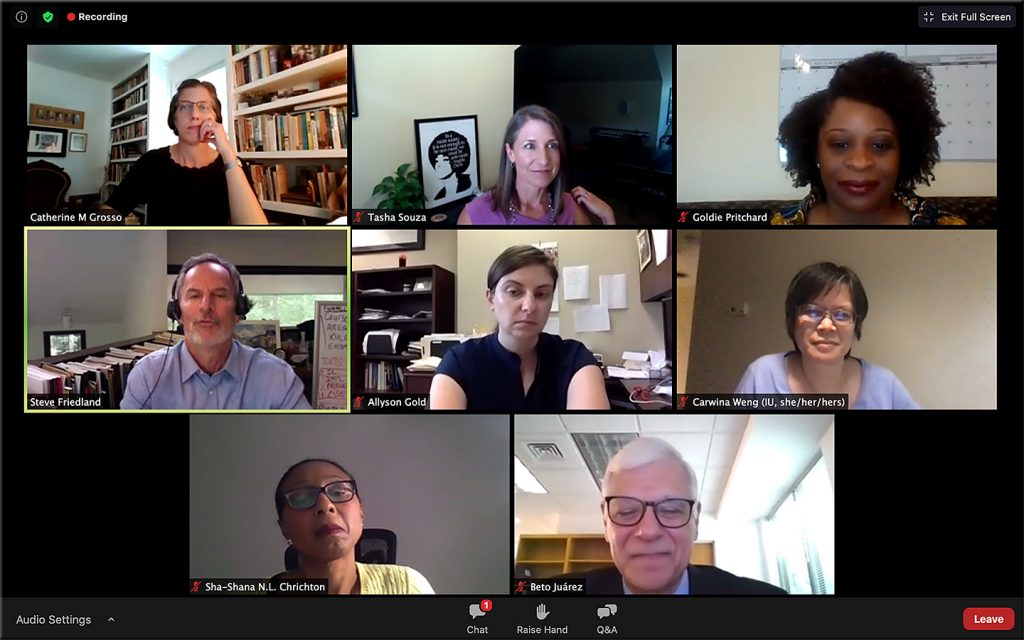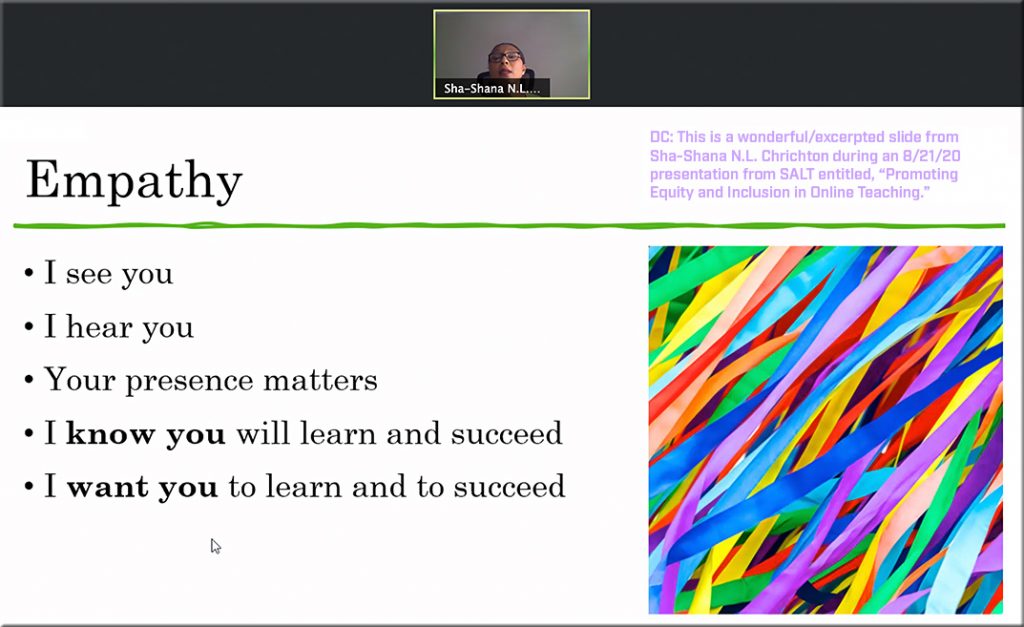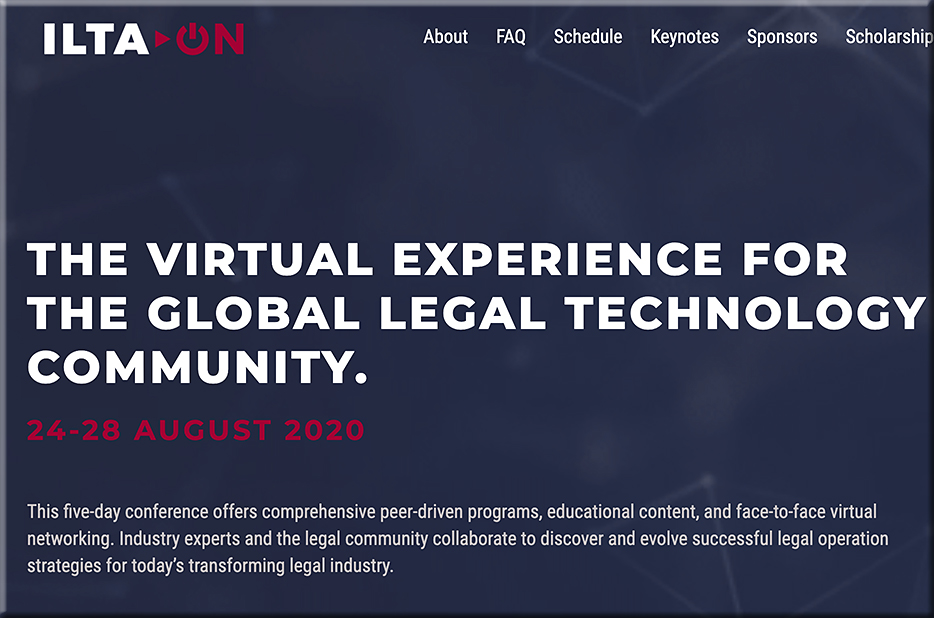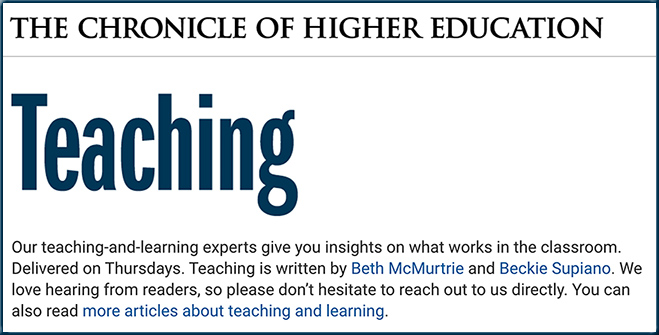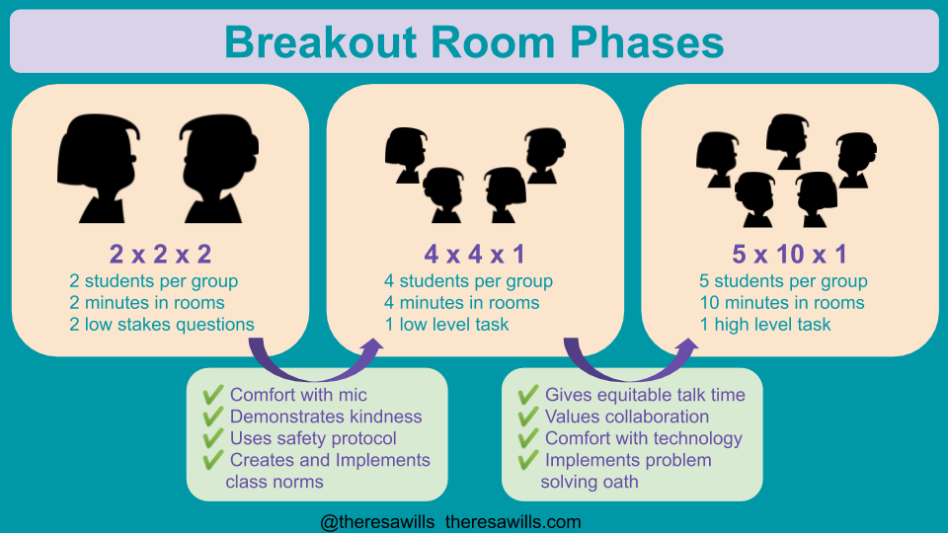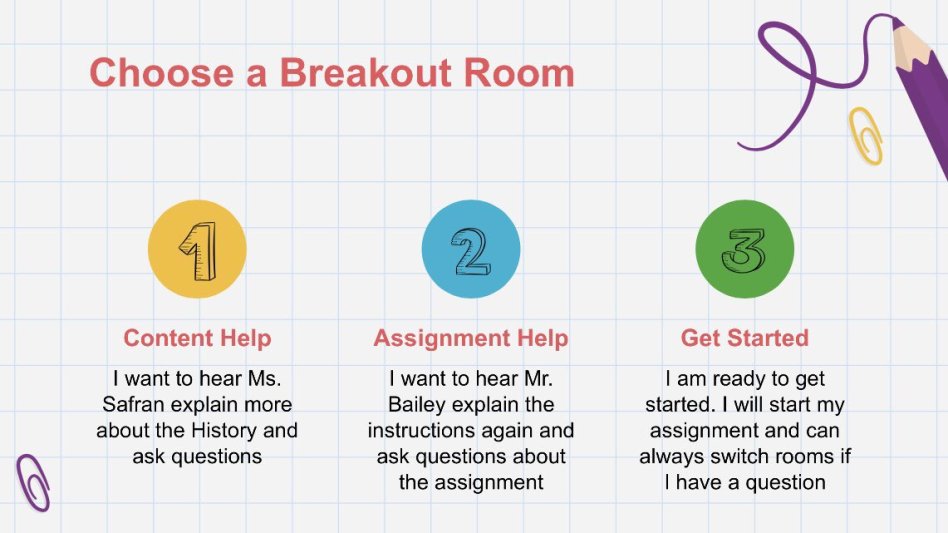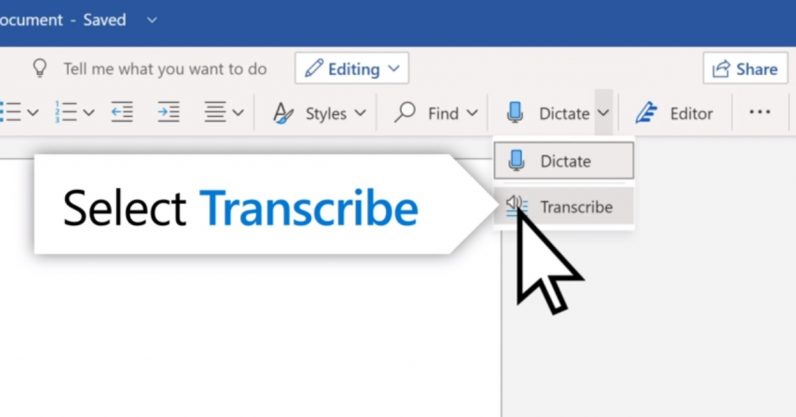Google achieves first quantum simulation of a chemical reaction — from interestingengineering.com by Loukia Papadopoulos
Excerpt:
Now, researchers at Google have taken a step forward in quantum computing practicality by using one such computer to simulate a chemical reaction, albeit a simple one, reported New Scientist. The company used its Sycamore computer to achieve this lofty task.
Also see:
This Taiwanese Lecturer Draws Stunning Anatomical Drawings on the Chalkboard — from interestingengineering.com by Utku Kucukduner
His paintings are temporary, just like the mortal flesh we bear.











